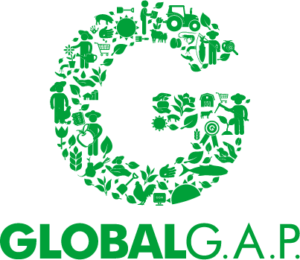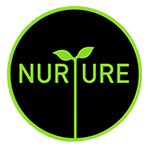The brand of food product certified by ACERTA is a guarantee of quality for any food producer, marketer or logistic operator who wants to export their products or introduce them in high added value markets.
In response to the increasing demands of consumers in relation to food quality, safety and animal welfare, and as an entity with high specialization in the food sector, we make available to our customers one of the widest global offers of auditing and certification services.
In addition to international food safety schemes such as IFS, BRCGS or GLOBALG.A.P., we also offer our seal Certified HACCP, which demonstrates compliance with the Food Codex.
Food industry

BRCGS (BRC Global Standards) is a standard developed by the British Retail Consortium (BRCGS), created in 1998 and grouping the majority of British retail companies.
BRC is widely recognized by large retail chains, especially those in the United Kingdom.
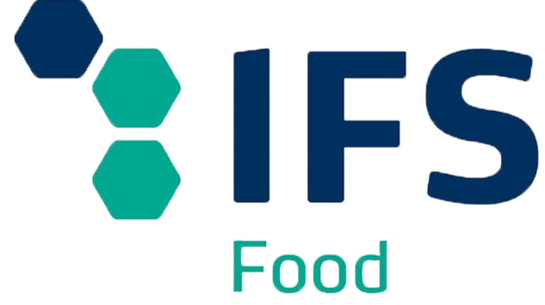
IFS (International Featured Standards) was founded in 2003 under the name International Food Standard. IFS standards are uniform standards for food, products and services. They guarantee that companies certified according to IFS standards manufacture a product or provide a service that is safe and complies with customer specifications and legal requirements based on the philosophy of continuous process improvement.
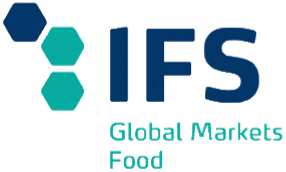
IFS Global Markets – Food is a standardized food safety program for both retailers and the food industry, based on the GFSI (Global Food Safety Initiative) competitive framework.
With the IFS Global Markets program, a tool has been created for small or less developed companies in food safety procedures, to establish a management system and implement the IFS standards step by step in a defined period of time.
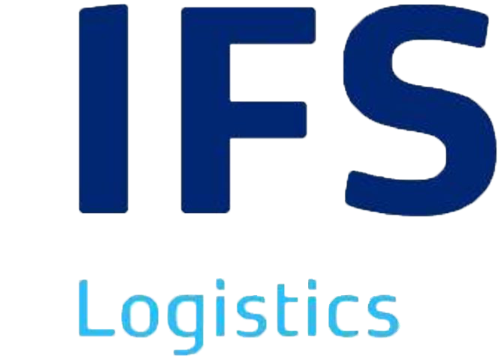
IFS Logistics is a standard for auditing companies whose activities are one or more of the following: transport, storage, distribution, loading/unloading, etc. of food and non-food products.
This standard is not applicable to the following activities:
– Processing of food or non-food products;
– Import, marketing of products (brokers’ activities).
The scope of the IFS Logistics standard is set out in Annex 1 of Part 1 of the IFS Logistics standard.
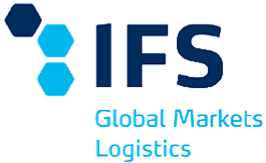
The objective of the program is to facilitate market access, create mutual acceptance along the supply chain and provide an environment for training, development and evaluation of small and/or less developed suppliers of logistics services. These companies may find it difficult to implement processes that ensure product safety and quality due to their size, lack of technical knowledge or economic factors. The program includes a protocol that supports continuous improvement in logistics safety management systems. It also offers a flexible and staggered implementation in terms of time, starting with an initial and final level to achieve. In addition, IFS Global Markets Logistics provides a good opportunity to take the first steps on the road to IFS Logistics certification.

The HACCP system, which is scientifically based and systematic, identifies specific hazards and measures for their control to ensure food safety. It is a tool for assessing hazards and establishing control systems that focus on prevention rather than relying primarily on end-product testing. Any HACCP system is susceptible to changes that may result from advances in equipment design, processing procedures or the technology sector.
HACCP can be applied throughout the food chain, from the primary producer to the final consumer, and its application should be based on scientific evidence of hazards to human health. In addition to improving food safety, the application of HACCP can offer other significant benefits, including facilitating inspection by regulatory authorities, and promoting international trade by increasing confidence in food safety.
Good Manufacturing Practices (GMP) certification from ACERTA ensures the compliance with food safety regulations as well as the integrity of the food manufacturing processes.
The certification of a GMP scheme provides independent verification that the producer follows the basic manufacturing practices and that has implemented the necessary prerequisites to hold an effective HACCP system.

The crossed grain is the international gluten-free symbol and is currently regulated by the AOECS (Society of European Coeliac Associations), which delegates to its member associations the granting of its use and control.
In Spain, FACE is one of those in charge of granting this certification. Therefore, those industries interested in using this symbol on their products must apply for certification under the “European Licensing System” (ELS).
It is a symbol internationally recognized by all those people who must follow a gluten-free diet, providing great confidence to the celiac community and being a quick reference when faced with the need to buy gluten-free products. It also provides a commercial advantage to manufacturers in this growing and increasingly competitive market.
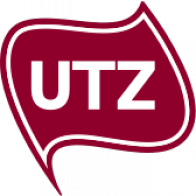
UTZ is a sustainability program for coffee, cocoa, tea and hazelnuts, which works in collaboration with existing brands. Through this program, farmers are empowered to improve their productivity, product quality and efficiency, while caring for people and the environment. In this way, they can produce higher volumes at lower cost, which translates into improved living standards for farming communities. Consumers can enjoy their favorite brands and, at the same time, contribute to making the world more sustainable.

AUDIT PURPOSE:
The purpose of an audit is to gather all current and accurate information regarding the overall Food Safety status of existing and potential vendors/suppliers.
Food Safety status of existing and potential vendors/suppliers. This information will be shared ONLY with the appropriate members of COSTCO Wholesale, called the FOOD SAFETY AND TECHNOLOGY GROUP and Purchasing Personnel.
The COSTCO AUDIT GROUP will use this audit to determine what areas, if any, need improvement to meet COSTCO Food Safety and/or Animal Welfare criteria. Purchasing staff will use this information as an aid in making safe and intelligent purchases for COSTCO members. The outcome of this audit will in no way be used as a punitive measure; rather, this audit provides both the vendor/supplier and COSTCO Wholesale the opportunity for continuous enrichment and improvement.
Agricultural production
The GLOBALG.A.P. IFA Fruit and Vegetables protocol is a compendium of good agricultural practices, environmental management, HACCP and traceability.
Its requirements are aimed at ensuring product safety, hygiene and the reduction of potential sources of contamination throughout the growing, harvesting and handling processes.
The GLOBALG.A.P. Chain of Custody Standard is an essential complement for all producers and retailers handling GLOBALG.A.P. certified products, as it ensures that any product that is marked as GLOBALG.A.P. product or sold as GLOBALG.A.P. certified product is sourced from GLOBALG.A.P. certified farms.
The GLOBALG.A.P. CoC (Chain of Custody) Standard identifies the status of your product all the way from farm to retailer. It establishes strict requirements for the handling of certified products and the proper segregation of certified and non-certified products in processing units.
The GLOBALG.A.P. Chain of Custody (CoC) Standard provides a high degree of transparency and integrity, adding value to your product and brand in the marketplace and an additional guarantee for your customers.

GRASP is the abbreviation for “GLOBALGAP Risk Assessment on Social Practices”.
The GRASP Module is a tool that helps producers to demonstrate their compliance with international and national labor legislation. GRASP Assessments are not full social audits, but focus on examining the social management system implemented by the producer.
Tesco NURTURE program has become an additional NURTURE Module to the GLOBALG.A.P. IFA Version 5.
Since January 2017, the Tesco NURTURE program has become a NURTURE Module add-on to the existing GLOBALG.A.P. IFA Version 5 audit processes. This reduced duplication of audits and increased flexibility for suppliers in choosing how they want their production sites to be assessed.
The NURTURE module focuses on plant protection product list management (PPPL) and the transition to GLOBALG.A.P. does not affect how suppliers manage their PPPLs.
The Food Safety Modernization Act (FSMA) enacted by the FDA requires specific practices to be implemented and followed for the production, handling, and import of food products.
In order to assist fruit and vegetable growers in implementing these practices, GLOBALG.A.P. has created the FSMA PSR add-on, which outlines the FSMA Produce Safety Rule checkpoints applicable to this type of produce.
Sustainable Agriculture Initiative (SAI) Platform is a global food and drink value chain initiative for sustainable agriculture. The overall aim of SAI Platform is to support the development of sustainable agriculture worldwide. To achieve this goal, the initiative has developed the Farm Sustainability Assessment (FSA) tool.
GLOBALG.A.P. and SAI Platform have partnered up to offer an innovative approach that benefits from the expertise and long experience of both organizations. Together, we have developed the joint solution GLOBALG.A.P. Farm Sustainability Assessment (GGFSA).
This new product builds on the GLOBALG.A.P. standards for crops and combines all sustainability requirements of the FSA in one compact and assessable standard. In this way, producers with GLOBALG.A.P. certification will be able to demonstrate compliance with the FSA requirements while avoiding duplication. This joint solution enables a transparent and more efficient sourcing of safe and sustainable products for traders, retailers, and manufacturers.
The GLOBALG.A.P. PLUS Add-on is a set of requirements based on the McDonalds Good Practices Standard. It is meant to be inspected in addition to a GLOBALG.A.P. IFA Fruit & Vegetables inspection. Producers must also complete a GRASP assessment in countries where there is an approved GRASP guideline.
SPRING is a farm-level add-on which helps producers, retailers, and traders demonstrate their commitment to sustainable water management and can be implemented together with the GLOBALG.A.P. IFA standard for Crops. SPRING incorporates a wide range of criteria to assess sustainable water management on the farm. These include:
- Legal conformity of water sources and extraction rates
- Monitoring of water consumption
- Impact of producers on sustainable watershed management
- Best practices in water management
- Protection of water sources
- Measures to demonstrate continuous improvement of water management

AUDIT PURPOSE:
The purpose of an audit is to gather all current and accurate information regarding the overall Food Safety status of existing and potential vendors/suppliers.
Food Safety status of existing and potential vendors/suppliers. This information will be shared ONLY with the appropriate members of COSTCO Wholesale, called the FOOD SAFETY AND TECHNOLOGY GROUP and Purchasing Personnel.
The COSTCO AUDIT GROUP will use this audit to determine what areas, if any, need improvement to meet COSTCO Food Safety and/or Animal Welfare criteria. Purchasing staff will use this information as an aid in making safe and intelligent purchases for COSTCO members. The outcome of this audit will in no way be used as a punitive measure; rather, this audit provides both the vendor/supplier and COSTCO Wholesale the opportunity for continuous enrichment and improvement.
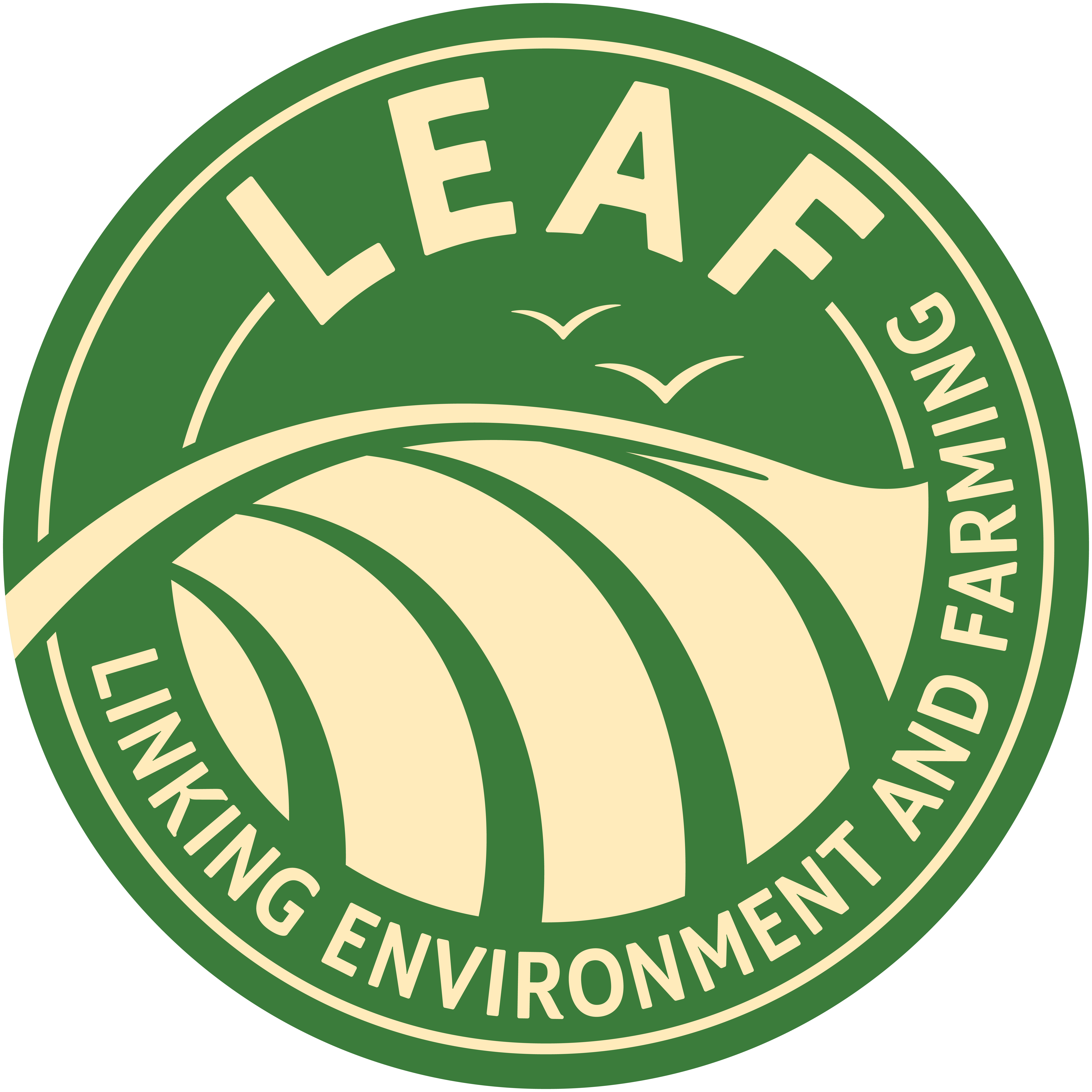
The LEAF Marque standard is a protocol recognized by the global agricultural industry sector, which is currently available in 5 languages: Spanish, French, Portuguese, Italian and English.
It is a high environmental standard and it is a requirement that every producer on the farm is certified against the scheme.
The LEAF Marque standard is a list of questions on how each producer manages his farm and crops. For each question there is a checkpoint that must be met in order to qualify for certification. The answers to the questions should be approached on the basis of whole farm management.

UTZ is a program and label for sustainable agriculture.
The Code of Conduct sets out the requirements that are at the core of the UTZ program, encompassing better farming practices and working conditions as well as better care for nature and the next generations. This helps farmers grow better crops and generate a higher income, increasing their social and economic resilience and preserving natural resources for the future.
Developed in cooperation with Albert Heijn and Delhaize, the AH-DLL GROW add-on was launched in August 2020 to assess producers’ risk management with respect to hygiene, pesticide residues, and foreign bodies.
The AH- DLL GROW add-on takes the form of an assessment which can be implemented together with the GLOBALG.A.P. Integrated Farm Assurance inspection or audit. It is required for both individual producers and producer groups that supply fruit and vegetable crops either directly or via their suppliers to Albert Heijn in the Netherlands (AH) or Delhaize in Belgium (DLL).
Livestock and Compound Feed Manufacturing
The IFA standard for aquaculture is a global standard for responsible farming practices that covers the entire production chain, from brood stock, seedlings, and compound feed to farming, harvesting, and transportation.
GLOBALG.A.P. standards for aquaculture have been operational for almost 20 years and are developed through extensive collaboration with stakeholders throughout the sector. IFA for aquaculture is the only aquaculture certification standard at farm level recognized by GFSI (v5.4-1-GFS and v6) and the only aquaculture certification standard recognized by GSSI for all species of finfish, crustaceans, molluscs, and seaweed.
The CFM standard defines the Control Points and Compliance Criteria (CPCC) for quality assurance in the production, supply, and purchase of raw materials destined as feed ingredients for compound feed. It covers all the production steps, from the purchase, handling, and storage of ingredients to the processing and distribution of finished compound feed.
The standard covers commercial compound feed for food-producing animals that are covered by the GLOBALG.A.P. Integrated Farm Assurance (IFA) standards for livestock and aquaculture only.
Compound feed manufacturers who supply livestock and aquaculture producers certified to the GLOBALG.A.P. IFA standard must have CFM certification. Livestock and aquaculture producers that are certified to IFA are required to source their feed from compound feed manufacturers that have CFM certification or a benchmarked equivalent.
Producers of livestock and aquaculture that qualify for being home-compounders do not require additional CFM certification.

ACERTA offers the widest possible range of animal welfare standards to help producers demonstrate compliance by achieving certification against international requirements. The standards assessed cover all animal handling activities on farms, transport and slaughterhouses. You can find them on the Animal Welfare page:

